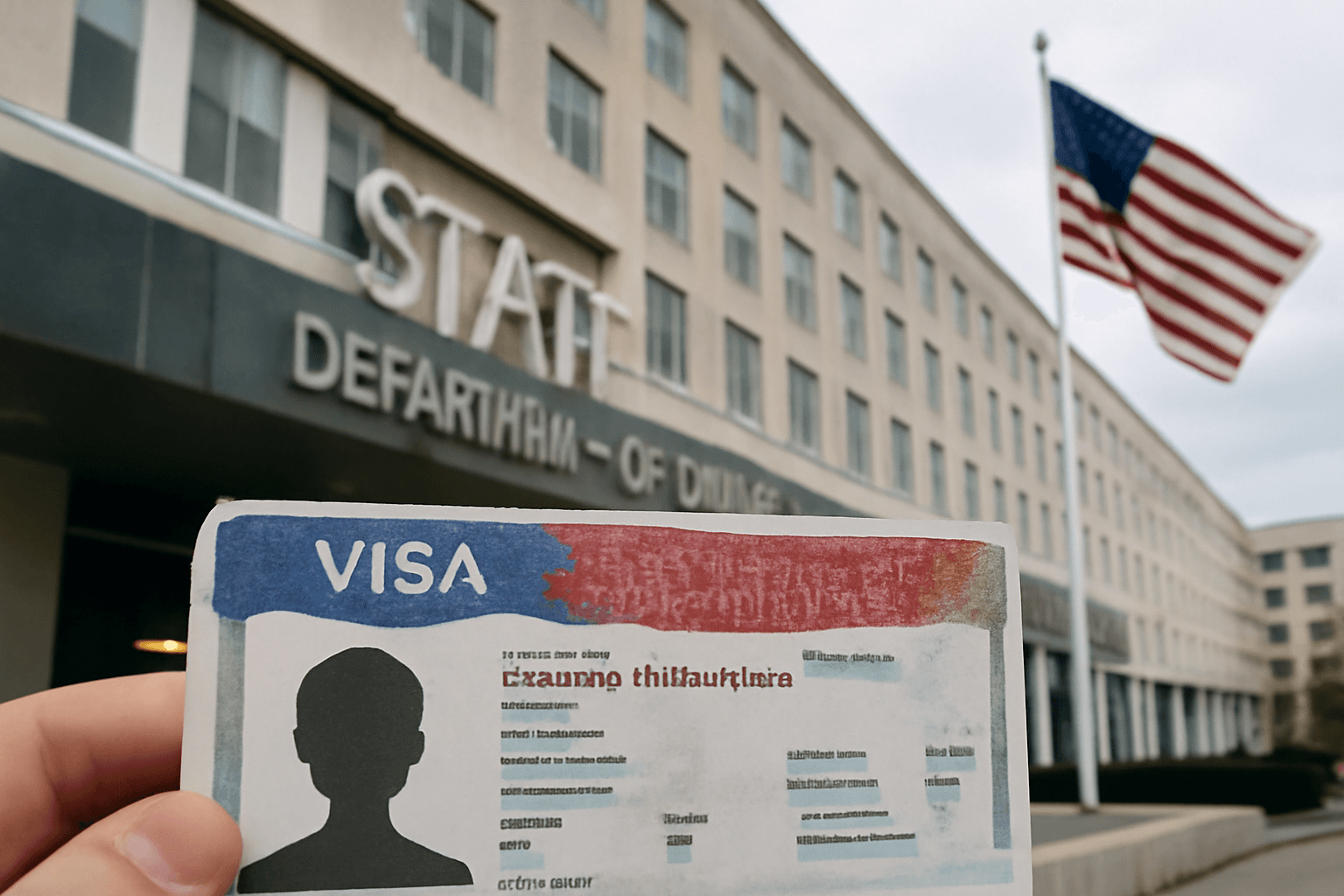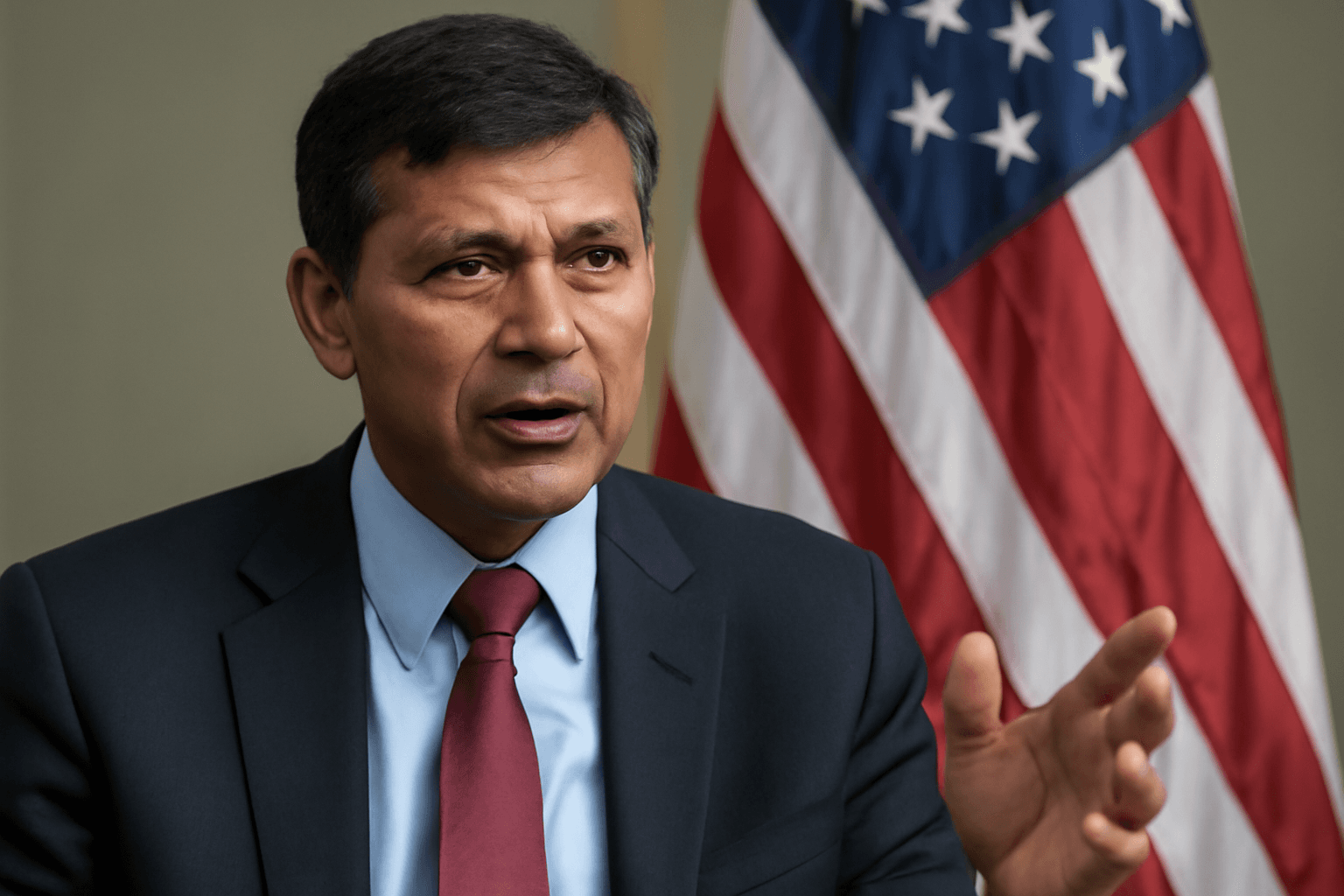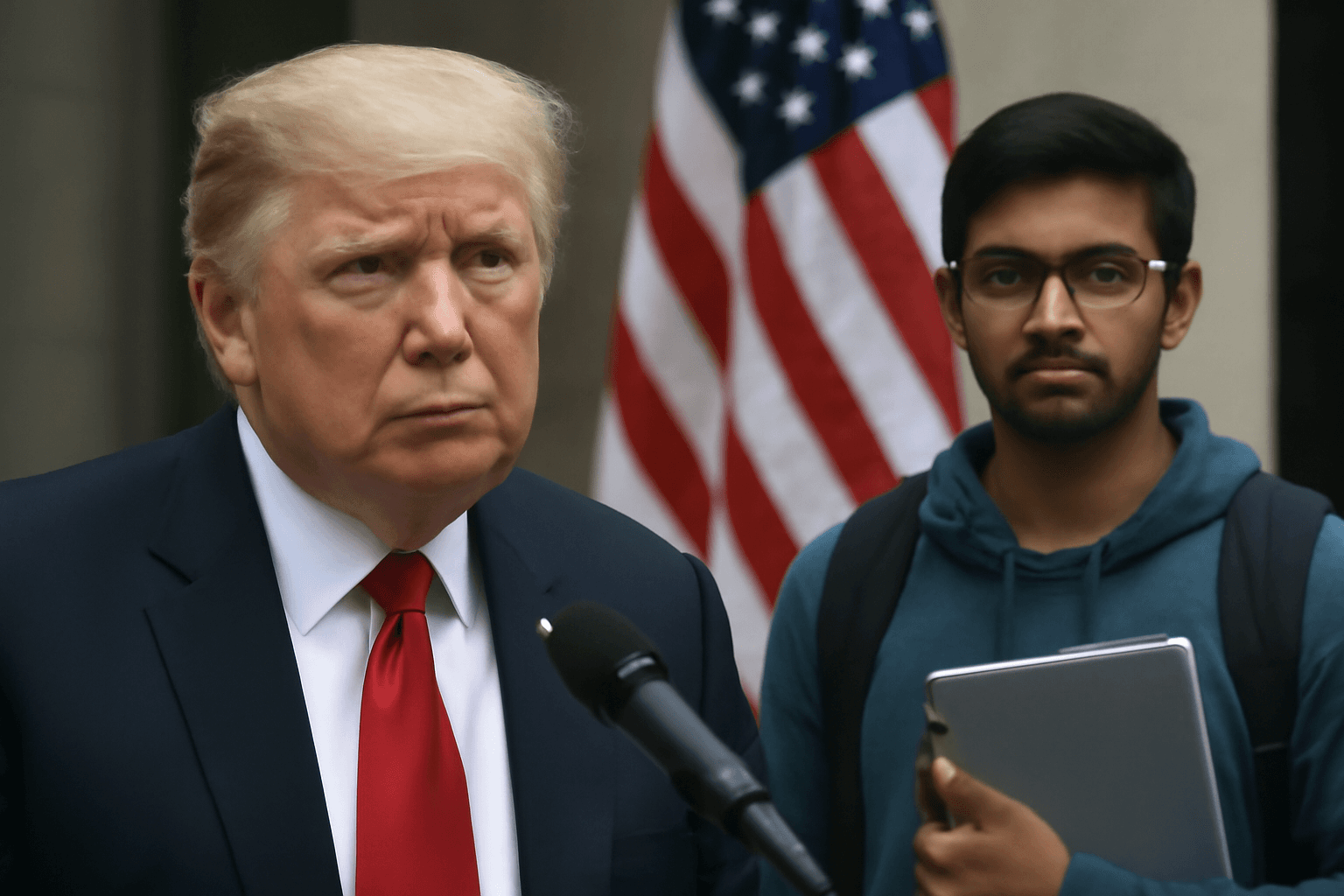Overview of Trump's 12-Country Travel Ban Exemptions
The United States government announced a travel ban affecting citizens from twelve countries as part of an effort to enhance national security. However, five significant exemptions have been outlined to provide relief for specific groups affected by the restrictions. These exemptions aim to balance security concerns with humanitarian considerations and practical necessities.
Major Exemptions Detailed
1. Athletes Participating in International Sporting Events
Athletes travelling to the U.S. to compete in major international sporting events, such as the Olympic Games and the World Cup, are exempt from the travel ban. This measure promotes global sporting participation and ensures athletes are not barred from competition due to their nationality.
2. Immigrant Visa Holders from Persecuted Ethnic and Religious Minorities in Iran
Individuals from ethnic and religious minorities—such as the Baha’i community—holding immigrant visas from Iran are exempted due to the risk of persecution they face. The exemption reflects a commitment to offering refuge to vulnerable populations escaping ethnic or religious oppression.
3. Afghan Nationals with Special Immigrant Visas (SIVs)
Afghan nationals who have supported U.S. military and diplomatic missions by holding Special Immigrant Visas are exempt to honor their service and protect them from potential retaliation. This exception acknowledges their significant risk following the U.S. withdrawal from Afghanistan.
4. Lawful Permanent Residents of the United States
Individuals holding U.S. green cards are permitted to enter despite the ban. While re-entry may involve additional security screening depending on travel history, this exemption allows permanent residents to continue their lives without undue interruption.
5. Dual Nationals from Non-Banned Countries
Persons holding dual citizenship including one from a non-banned country can enter the U.S. using the passport of the non-banned nation. This prevents unjust restrictions on individuals with multiple nationalities and ensures smooth travel for eligible dual citizens.
Context and Controversy Surrounding the Travel Ban
The travel ban has been a subject of intense debate and criticism. Opponents argue it unfairly discriminates against certain nationalities and fails to effectively address the root causes of security threats. Supporters maintain it is a critical security measure requiring stringent vetting of travelers.
These exemptions serve as important accommodations addressing humanitarian needs, unique circumstances, and commitments to allies. They illustrate the complex balance between safeguarding national security and honoring international human rights obligations.
Summary
While the 12-country travel ban imposes broad restrictions, these five exemptions provide relief to:
- Athletes engaged in international sports competitions
- Persecuted ethnic and religious minorities from Iran holding immigrant visas
- Afghan nationals holding Special Immigrant Visas
- Lawful U.S. permanent residents
- Dual nationals traveling on non-banned country passports
These measures highlight the administration's intention to offer flexibility where hardship or discrimination may occur due to the ban.















